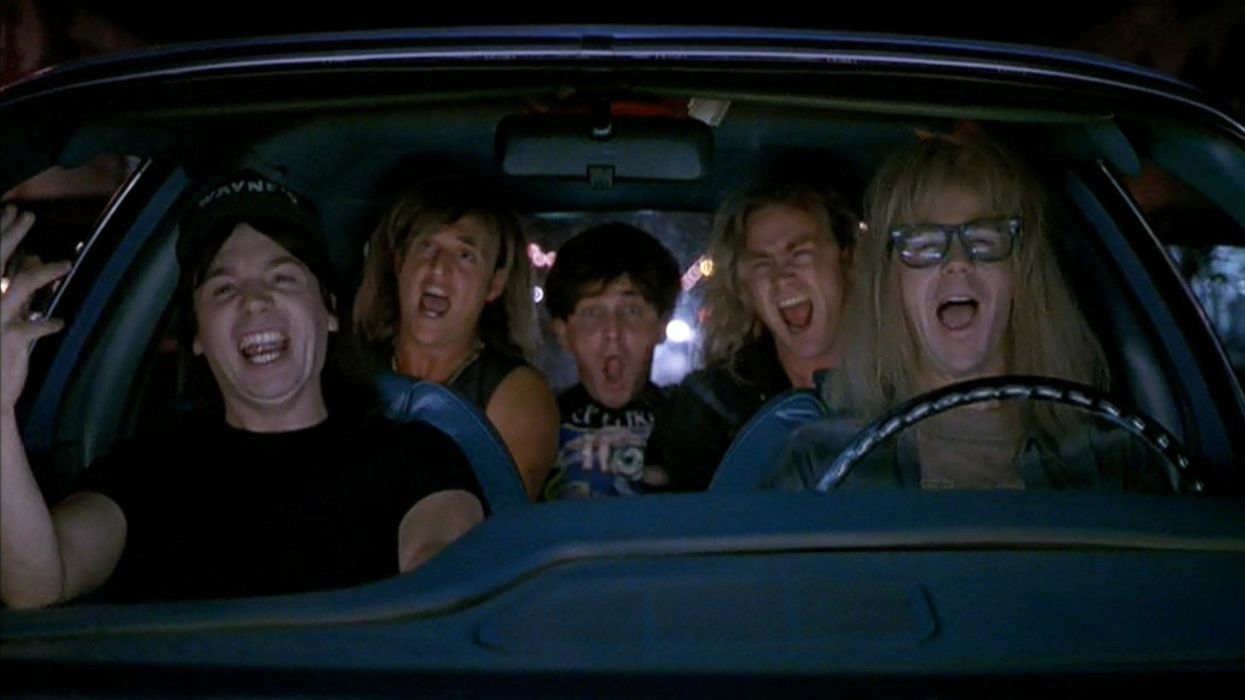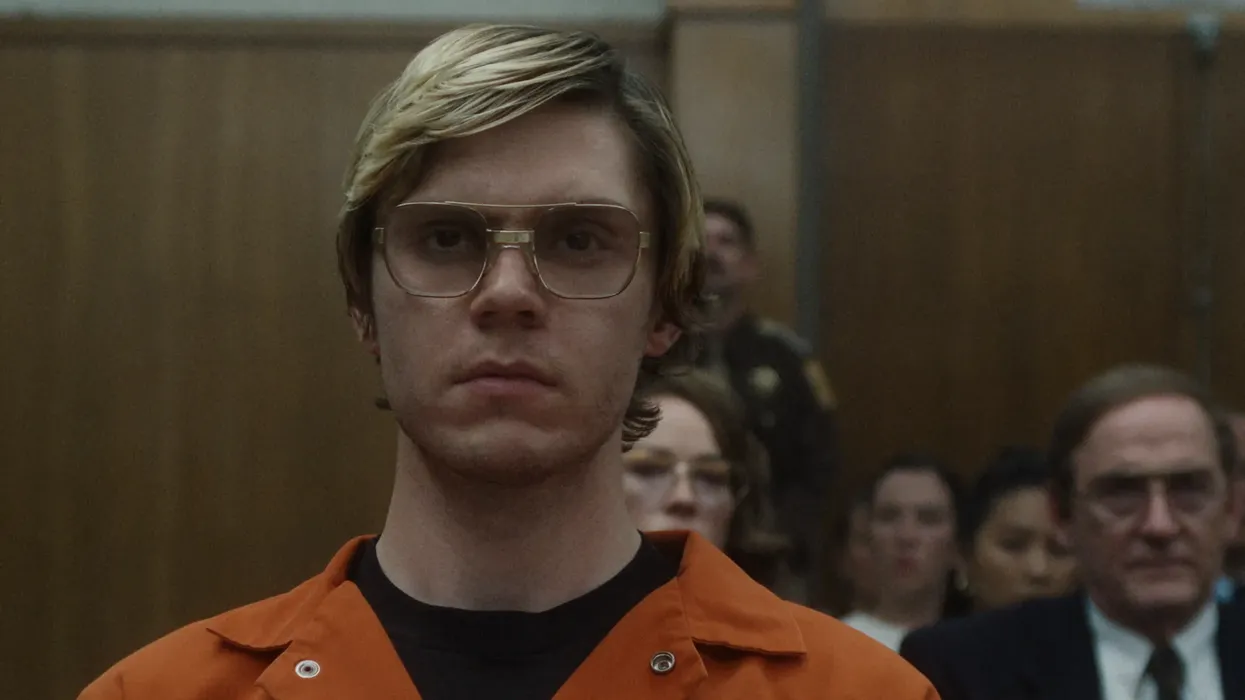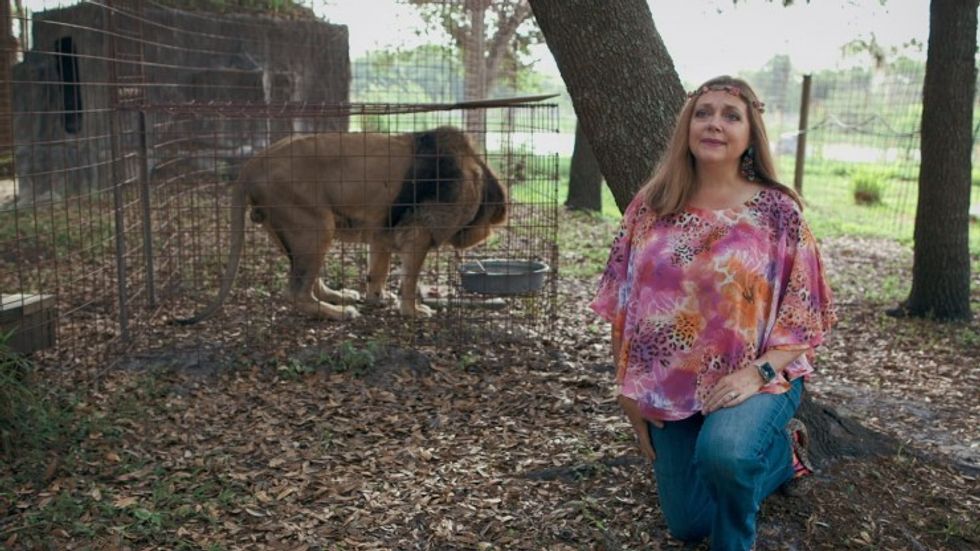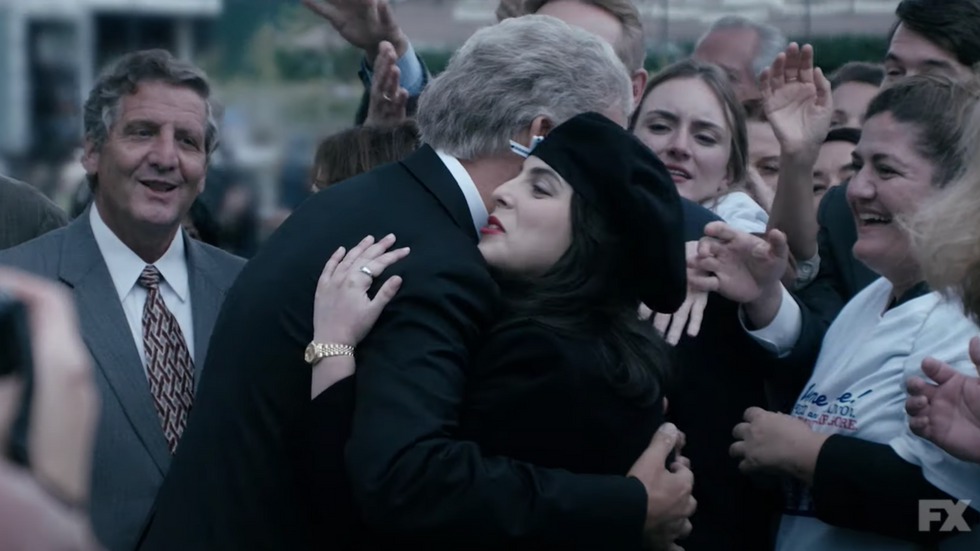Watch: 7 Ways 'Needle Drops' Can Help Make Your Film Memorable
Is it possible to hear Queen's "Bohemian Rhapsody" without immediately thinking about Wayne and Garth rocking out in that periwinkle blue AMC Pacer? (Answer: No.)

Many films are remembered for their brilliant stories, beautiful cinematography, and dramatic performances, but some go down in history for the interesting, oft peculiar ways they utilize preexisting songs included in the soundtrack. These songs, also called "needle drops", can be used ironically, like Quentin Tarantino, or to creep out audiences, à la David Lynch, but as Jacob T. Swinney points out in this video essay, they can be effective in many other ways, too.
Swinney points out 7 ways needle drops are used to punctuate a film:
- Comedy
- Irony
- Time period
- Defining a character
- Ecstasy
- Heartbreak
- The perfect ending
There are certainly many other things you can do with preexisting music to make your film stand out, but I think Swinney's list is a great place to start vetting your music choice. What do I mean by vetting? Well, have you ever been watching a movie when a popular song comes on during a scene transition or something and for some reason you just feel awkward and almost embarrassed. You cringing as you're watching might have something to do with the possibility that that music choice just doesn't fit the moment—it's not meant to be funny, ironic, or communicate the time period, who the characters are, or express feelings of ecstasy or heartbreak.
I felt this cringe-worthy feeling last weekend when my parents forced me to watch Something's Gotta Give during what has to be the most awkward intro to any movie ever made. As you might know, this film by Nancy Meyers is pretty classy; it stars Diane Keaton as an accomplished writer and Jack Nicholson as the aging playboy who falls for her. Now, you check out this opener and tell me it's not at least a little off because of the poor song choice. ("Butterfly" by Crazy Town is always a poor song choice.)
Let's run through the list:
Is it supposed to be funny or ironic? No. Do we get a sense of the time period? Well, I guess kind of—"Butterfly" came out in 1999 and the film came out in 2003, but the song doesn't really do much to place us anywhere in time. Does it define any characters? The film's about two people "on the cusp" of senior citizenship—they're not listening to Crazy Town. Ecstasy, heartbreak, perfect ending? No.
Because this song choice doesn't serve much, if any, purpose to the story, it actually pulls us out of the story space and makes us very, very aware that we're watching a movie. Teen movies are notorious for doing this, and seeing how the soundtrack seems to be more of a sweet playlist than a companion piece for the story, it's no wonder why.
But if you want to have memorable moments in your film where all of your cinematic elements—cinematography, editing, acting, sound—coalesce to create a great story, you'll want to make sure your song choices are inspired by the needs of the narrative.
Source: Keyframe













